Liberian chef celebrates African culture through its cuisine
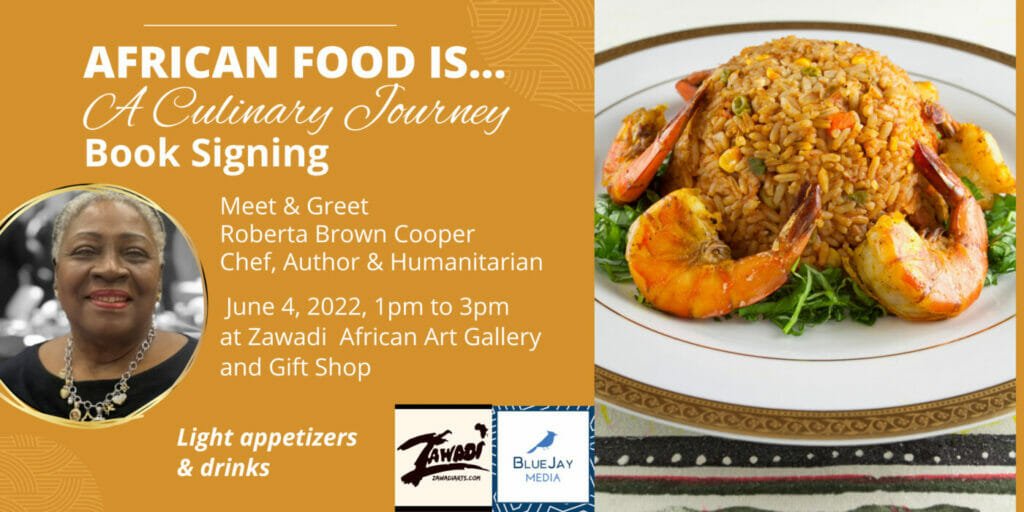
BY KELLIE DIDIGU
Chef, global traveler, humanitarian and now author, Roberta Brown Cooper is determined to recognize and celebrate African cuisine. Mrs. Cooper shares her passion for African food, art, and culture in her first cookbook, African Food Is a Culinary Journey. The cookbook is a compilation of Africa’s most popular dishes that is geared towards the home chef and accomplished cook.
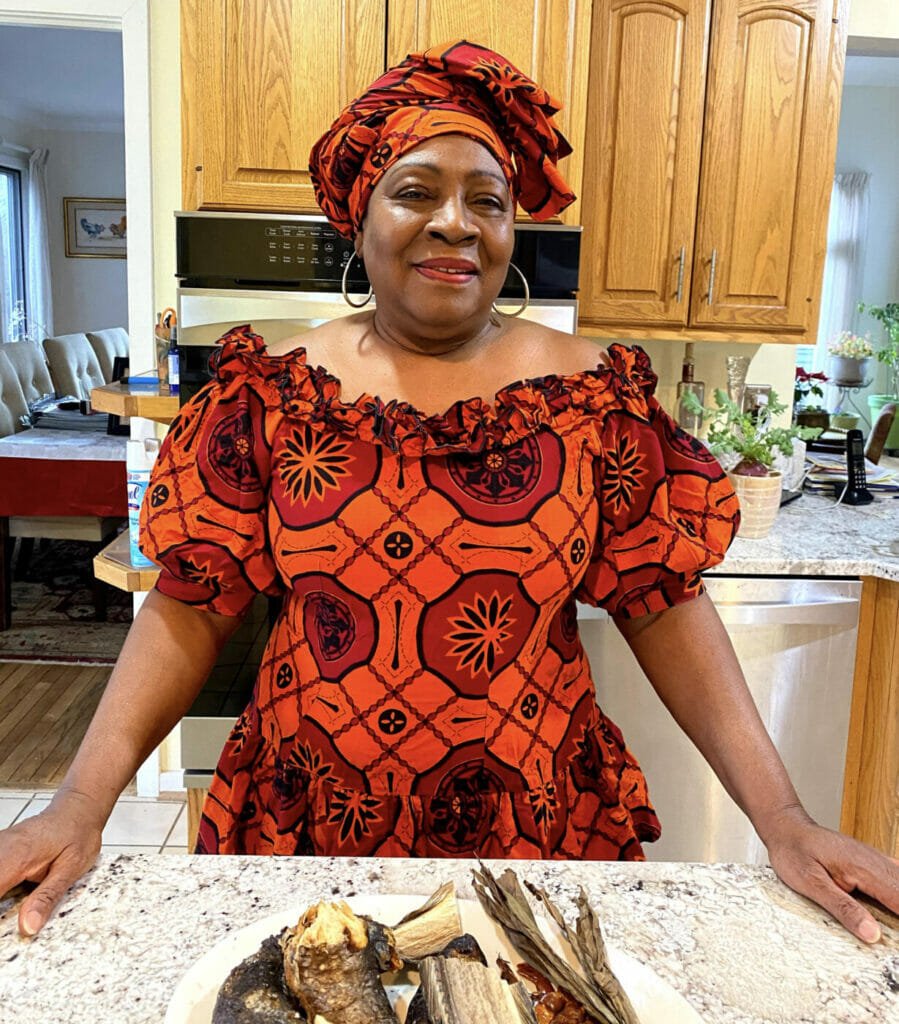
Originally from Liberia, Mrs.Cooper worked as an international flight attendant for over 28 years. Her travels fueled her love for international food and the desire to learn more about the world. She would visit the homes of friends, and hotel kitchens to learn firsthand about their cultures and food. But when returning home from her travels, Mrs. Cooper found very few cookbooks focusing on African cuisine. Eventually, her mission was to introduce and educate others on African cuisine, which led her to write African Food Is a Culinary Journey. This cookbook offers recipes from all over the continent. It reflects Mrs. Cooper’s travels to Algeria, Cameroon, The Congo, Cote d’Ivoire, Egypt, Ethiopia, Gabon, Kenya, Morocco, Senegal, South Africa, Tanzania, Tunisia, and Liberia.
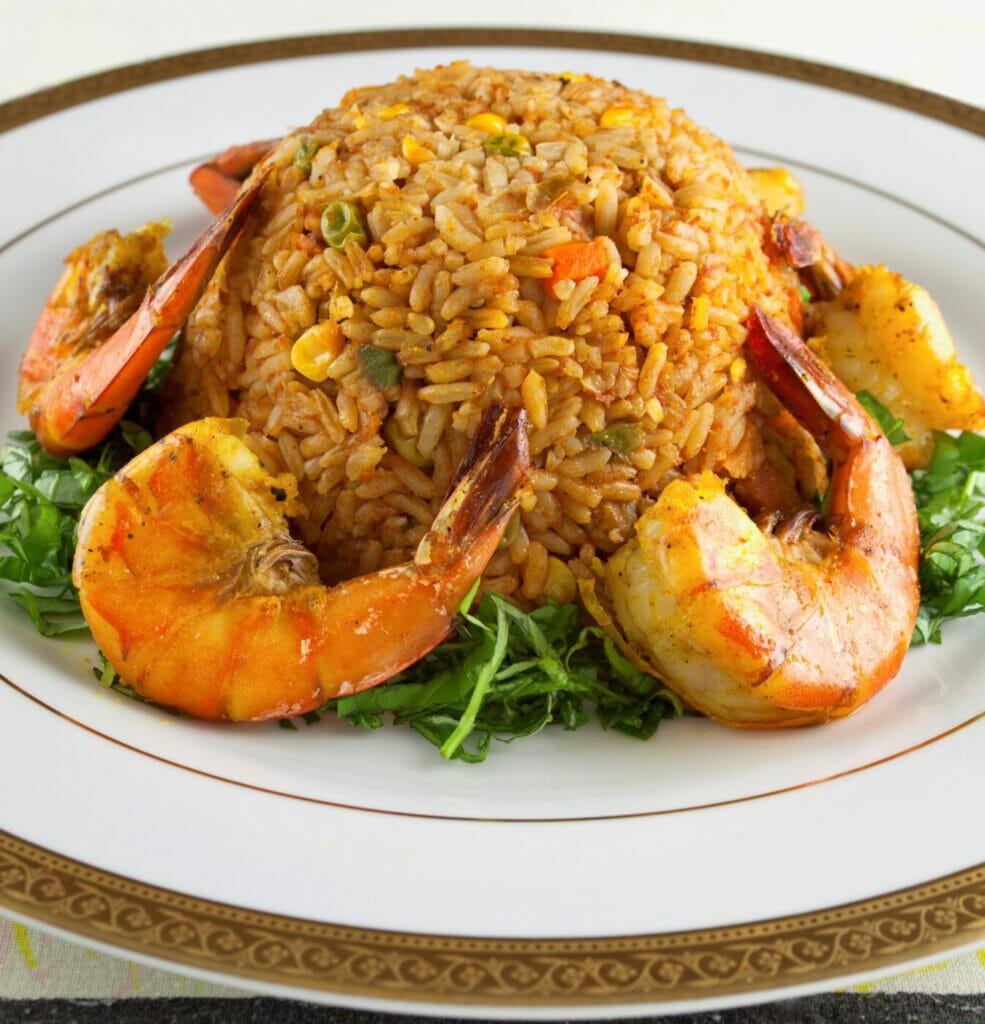
Like many daughters, Mrs. Cooper’s love of food was first inspired by her adoptive mother, Norma Johanson. Her mother would bring her into the kitchen to teach her Liberian dishes. It allowed her to learn a skill, but most importantly, to stay connected to her cultural heritage. Mrs. Cooper fondly remembers how her mother taught her to prepare extra food in order to feed guests and anyone else who might visit their home.
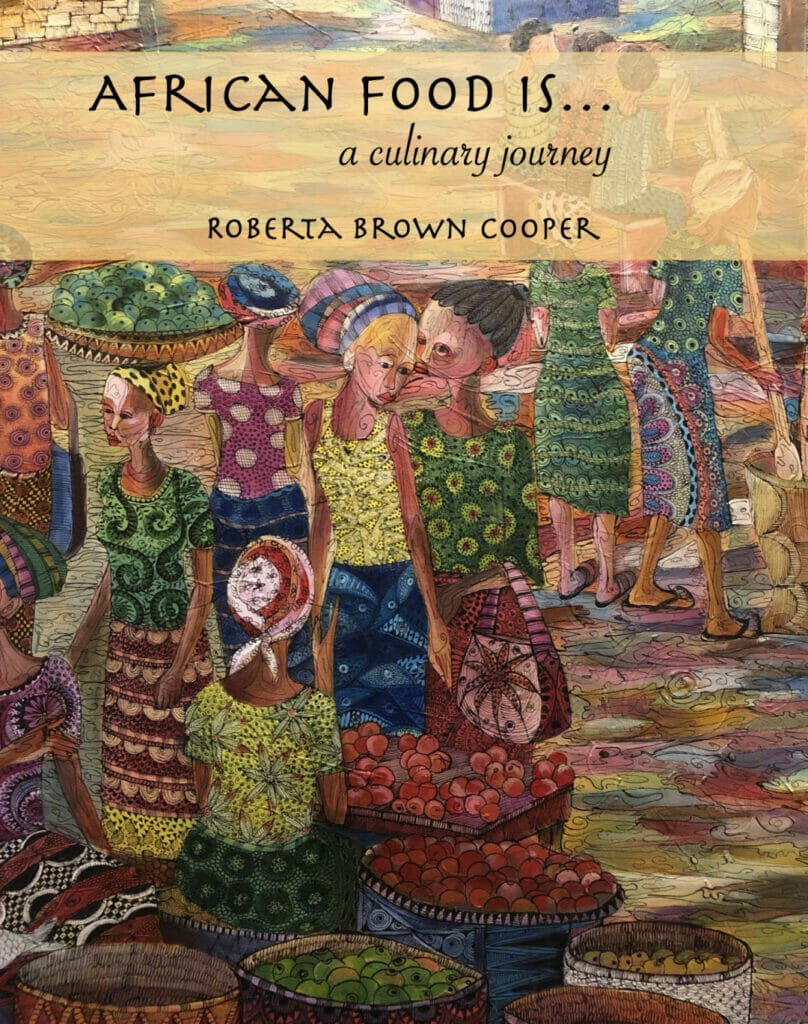
“I thank my late mother who urged me to write a cookbook on Africa. I am forever grateful for her love and nurturing spirit which kept me focused and spiritually grounded throughout the years,” says Mrs. Cooper.
One of Mrs. Cooper’s early steps in her culinary journey was opening a catering business in 1993. Her cooking graced tables at important social and charity events. Her own parties and gatherings became legendary among her family and friends. Remembering the words of her mother, she realized more and more the importance of passing down the African food tradition to the next generation. She would teach her son, and then eventually her granddaughter so they could learn Liberian dishes and maintain their family’s cooking tradition.
To get closer to writing her cookbook, Mrs. Cooper enrolled in the prestigious L’Academie de Cuisine Culinary School in Gaithersburg, Maryland. Considered one of the top cooking schools in America, L’Academie unfortunately closed in 2017, ending its 41-year history of supplying chefs to the D.C. restaurant community and beyond. Prominent graduates include Carla Hall of “The Chew” and Aaron Silverman of “Pineapple and Pearls,” the four-star fine-dining destination in Washington, D.C. Mrs. Roberta graduated with honors from L’Academie in 2006.
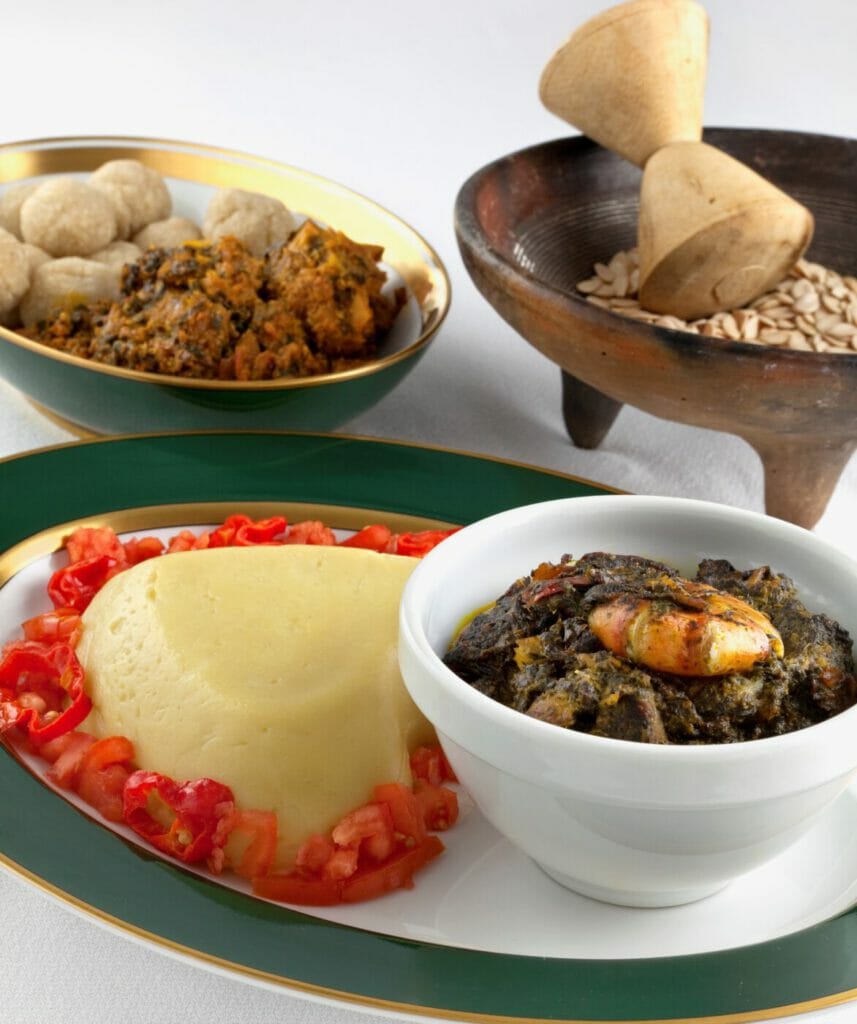
“One of the most interesting things I learned while writing the book was doing measurements. Like many traditional cooks, I tend to prepare dishes by intuition, often not measuring any of the ingredients. I knew I would have to provide measurements in order to help the readers get the best results as they prepare these dishes. I also wanted to chronicle an accurate history of our African food recipes. L’Academie helped me to understand the importance of accurate and consistent measurements of ingredients. This is crucial when recording and passing down recipes to the next generation.” Her studies at L’Academie also taught her the art of presenting and serving food.
During her time at L’Academie, Mrs. Cooper had an opportunity to be a part of the The James Beard Foundation’s Celebrity Chef Tour dinner series in 2005. The event continues to bring guests into the kitchen to see what happens behind the scenes at the James Beard House in New York City. Hosted in Washington, D.C. and other cities across the country each year, this multi-course dinner event brings together chefs, special guests, and diners to celebrate the local independent restaurants. During the event, Mrs. Cooper worked with notable chefs, including the late Walter Scheib, former White House Executive Chef; Patrice Olivon, former Executive Chef at the French Embassy, Washington, D.C., Chef Instructor and Program Director of Culinary Arts at L’Academie de Cuisine; and Vincent Horville, former Executive Chef at the City Club and Executive Chef at the Metropolitan Club of Washington, D.C.
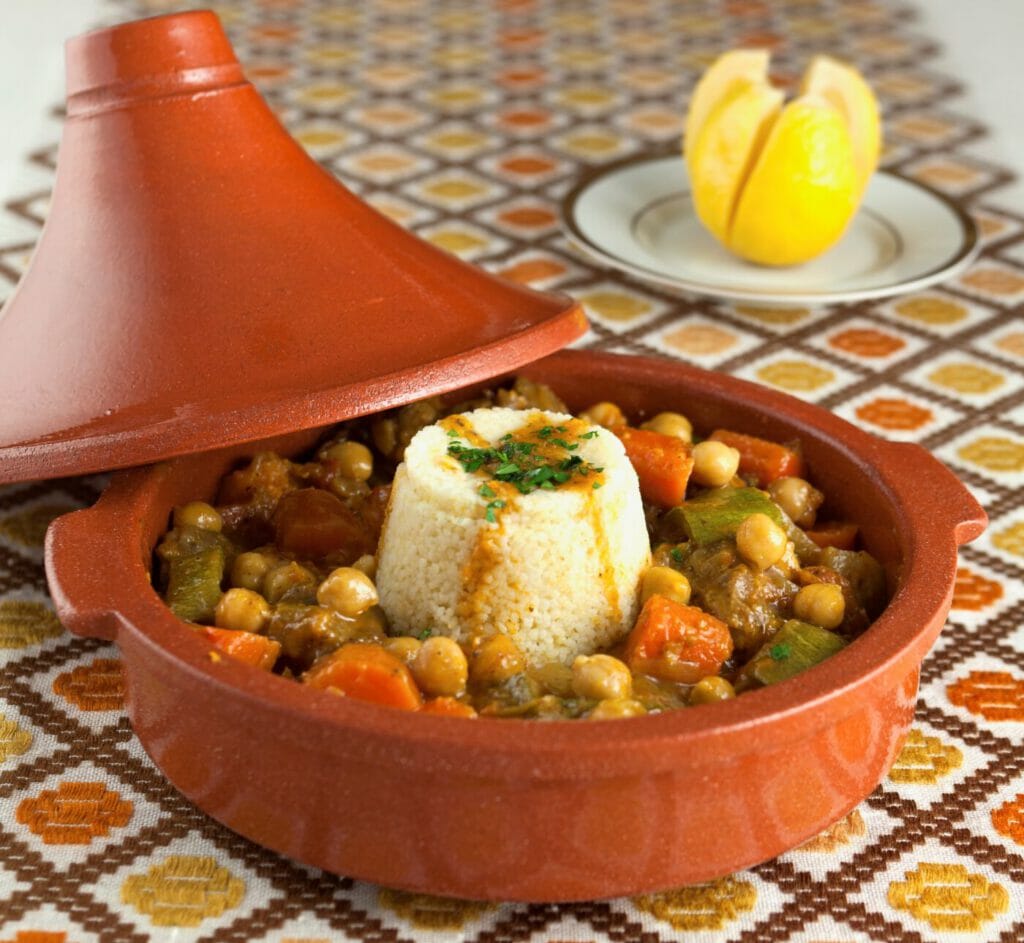
Once Mrs. Cooper decided to put pen to paper, her family and friends from around the world eagerly and generously offered recipes and support. Her son Gerald Brown served as her editor, and her granddaughter Bettina Brown assisted with typing. Her husband Gerald Cooper offered ideas, guidance as well as testing many of the recipes.
“The outpouring of support has been overwhelming. This book includes art, history, and culture from various homelands. I am indebted to everyone who encouraged and supported me in writing this cookbook. Without their support, this project would not have materialized and still would have been just a dream.”
African food has started to become more popular in recent years, particularly jollof rice. Popularly known as “Jollof Wars,” a debate is raging online as to which country makes the best jollof rice. Mrs. Cooper believes this is the heart of African cuisine-the communal effort of preparing and enjoying the food.
“African food is about the celebration of our history and culture. By creating these food memories with each other, we bring people together and keep our cultural history and traditions alive,” Cooper says.
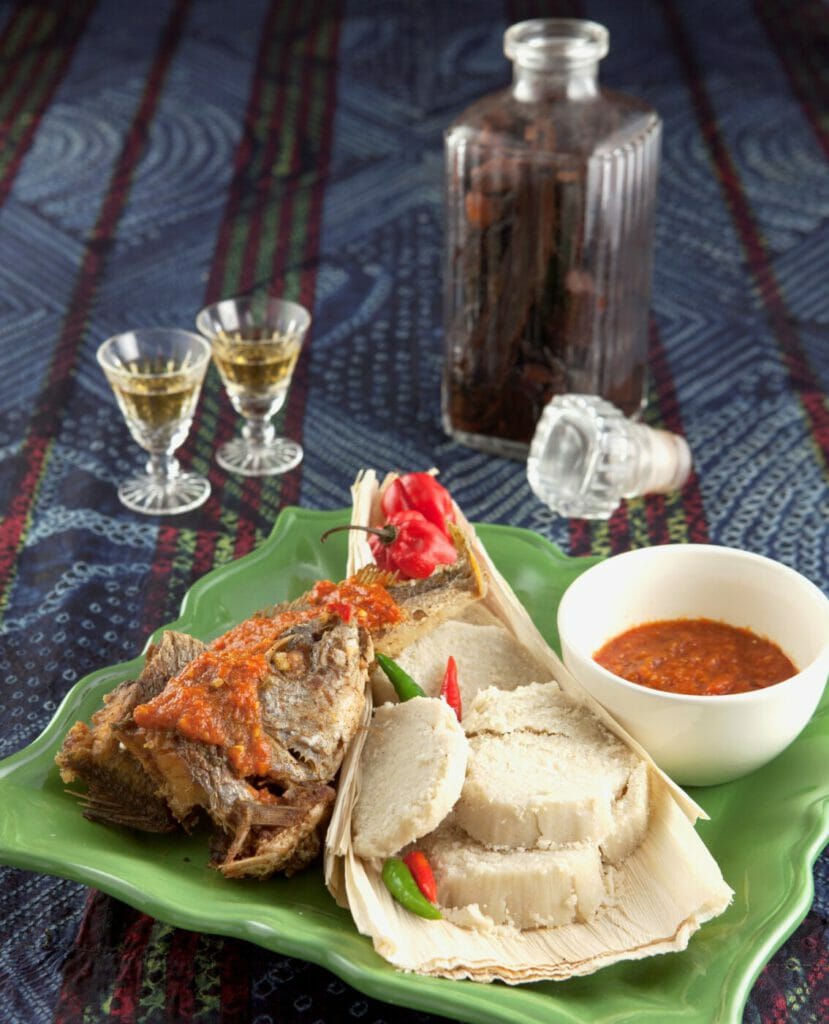
African food also provides a healthy alternative to the high-calorie foods from fast casual restaurants. However, Mrs. Cooper understands how convenience is a priority for busy, working households. Mrs. Cooper made sure to include simple, easy-to-make recipes in her cookbook. She says people who are looking for healthy, vegan, or vegetarian meals should look to Africa, home to organic leafy greens, root vegetables, beans, and many different plant crops across its lands. Traditional meals are often based on hearty vegetable soups and stews, full of spices and aromas, poured over boiled and mashed tubers or grains.
“African food is nutritious, tasty, spicy and full of variety. The main staples in the traditional African diets are high in fiber such as rice, cassava, maize, couscous, barley, plantains, yams, eddoes, sweet potatoes, and beans. Although these are basic ingredients, each ingredient can be prepared and combined in a variety of ways, yielding thousands of delicious meals when combined with meats, fish, chicken, fruits and vegetables. The possibilities are endless.”
In addition to writing and promoting her cookbook, Mrs. Cooper still finds the time to give back to her community. She serves as the president of the Marylanders for Progress (Liberia), Inc. The organization was formed to cultivate a relationship between Marylanders at home and abroad, especially in Liberia. Over the years, members have made significant contributions to Liberia. Currently, they are building an elementary school which they hope to open in August of this year. Some of their other accomplishments include installing hand-held water pumps and donating new electronic equipment to Phoenix Radio 102.7 FM at Tubman University. During the COVID-19 pandemic, Marylanders for Progress (Liberia) offered preventative awareness education and donated 1,600 face masks to four county districts in Liberia.
You can also follow Mrs. Cooper on Facebook, Instagram and TikTok at @AfricanFoodIs.

